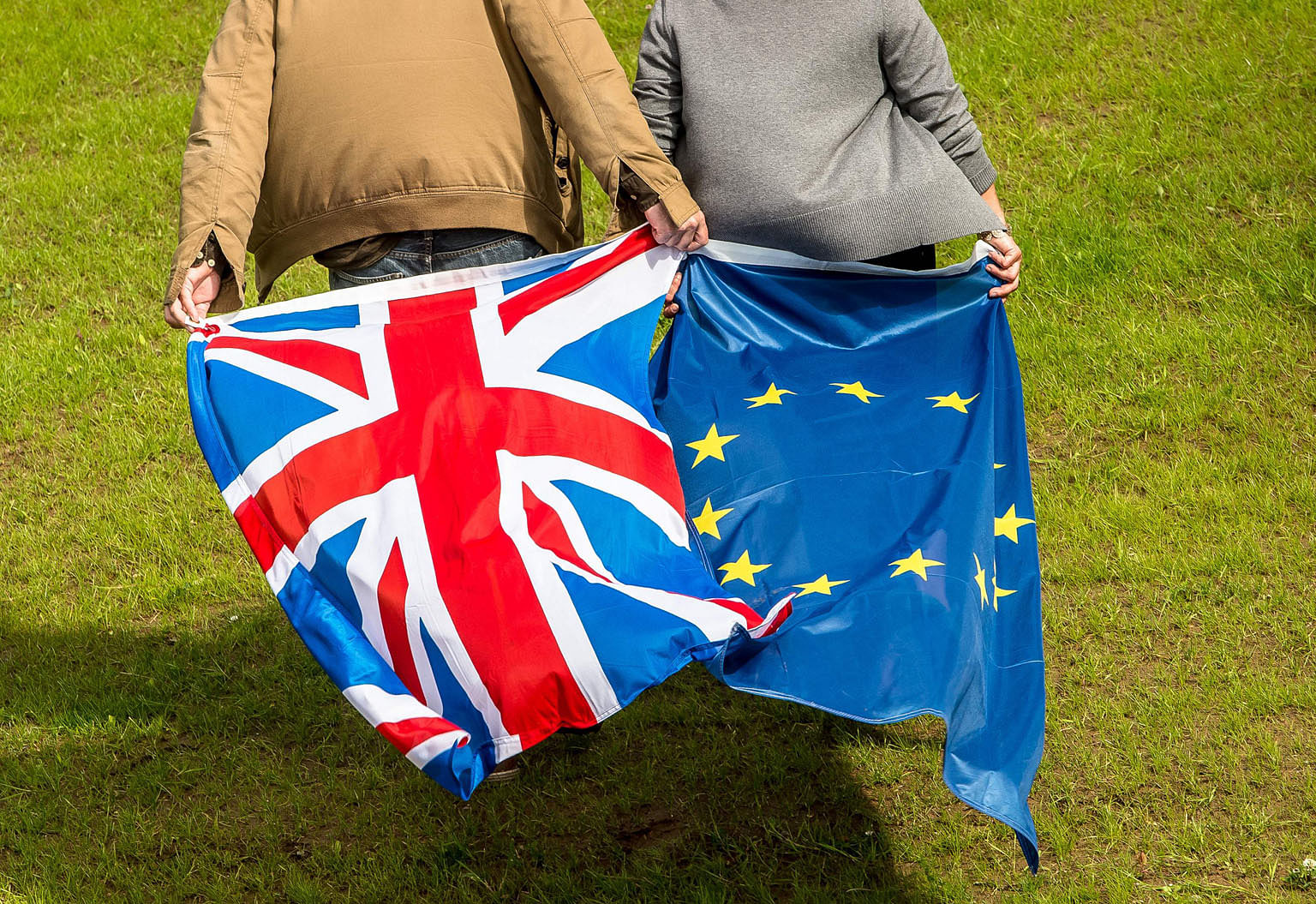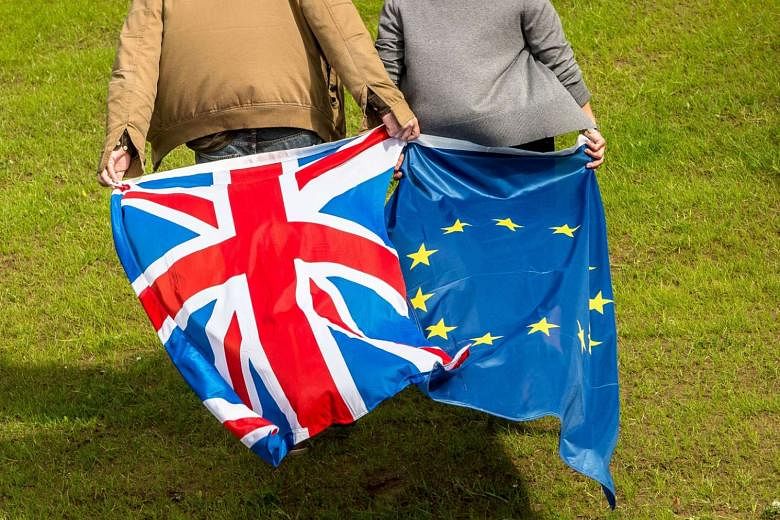Populism a threat to democracy
Tom Hsieh
The China Post, Taiwan
Democracy is by far the most suitable political system for human societies. However, recent events in Britain, the United States and Taiwan show that populism can still pose a threat to democracy.
Populism, combined with nationalism and protectionism, swayed the result of the Brexit referendum.
Influenced by the sensational messages of politicians, many British citizens voted to leave the European Union before fully understanding the consequences of their decisions.
It seems that many people in Britain did not clearly understand the consequences of Brexit when they decided to leave the EU. Information was not fully disclosed. The public was not adequately informed via conferences, debates and media coverage.
After the referendum, stock markets worldwide fell sharply and the British pound dropped in value to its lowest point in 30 years.
Referenda are democratic mechanisms that allow the majority to express their will. They can help determine major decisions in democratic countries if politicians in power make bad policies or if the country is split on certain issues. However, the will of the general public can also be misled by populism and misinformation, resulting in a choice that the people do not understand or actually desire.

Populism prevails not only in Britain. A similar situation is unfolding in the United States.
By using protectionism to reject foreign migrants and using nationalism to rebuild the American ego and turn back the clock on globalisation, Mr Donald Trump has won a ticket to represent the Republican Party in the bid for the US presidency. International diplomats are concerned global stability will take a huge blow if Mr Trump were to become the next US president.
Populism has manifested itself in Taiwan, too, on many issues. The government tends to do what makes the majority of the people happy, rather than what is right. In the recent China Airlines union strike, the government abandoned its role as an arbitrator in disputes between labour and management, allowing the situation to worsen.
It is the government's job to protect labour rights and it must do so with long-term policies and by helping to forge a consensus between employers and employees.
Although populism can sometimes be corrected by the democratic system itself, it can also hurt people and leave society with long-lasting scars.
Duterte, Brexit and Trump
Rina Jimenez-David
Philippine Daily Inquirer,
the Philippines
Does bad luck really come in threes? A friend of mine plaintively asked in a Facebook post if the Brexit victory, preceded by the electoral win of our own President Rodrigo Duterte, will be followed soon by the election of Mr Donald Trump as United States president.
Since Mr Duterte's triumph in the polls and the win of the Brexit adherents have been described as a "revolt of the masses" against a perceived ruling elite, many fear that the same populist sentiment will carry The Donald to the White House. Talk about the apocalypse.
Many analysts say the Brexit win was really a win for xenophobia, for fear of foreigners, or foreign immigrants.
What seems more alarming is what this "anti-foreigner" sentiment bodes for Britain, and Europe as a whole.
Observers note a turn to the right, to conservatism and protectionism if not isolationism, not just in Britain, but in the rest of Europe as well.
The formidable power of voters
Ririn Sefsani and
Patrick Ziegenhain
The Jakarta Post, Indonesia
On June 23, a majority of the British people decided to leave the European Union in a referendum, and on June 30, Mr Rodrigo Duterte became the new president of the Philippines.
At first glance, there seems to be no direct connection between the two events, but on a closer look, one discovers that both decisions were highlighting the power of nationalist and populist sentiment among ordinary voters.
Fear about their individual futures was one of the decisive push factors for many voters.
This anxiety was responded to with nostalgic and nationalistic policy options provided by populist politicians and movements.
In the Philippines, voters wanted a strong man as a leader who would get tough on crime.
The high number of votes for retired general Prabowo Subianto in the 2014 presidential election in Indonesia showed that a large number of Indonesians think in a similar way.
In Britain, anxiety about immigration was one of the main driving factors for the Leave vote. In times of globalisation, the British voted for a self-imposed isolation. The British referendum may serve as proof that campaigns of fear and scaremongering can be successful if a majority of voters follow the statements of nationalist and populist groups.
The EU is built on liberal values and pooled sovereignty. This achievement is increasingly threatened by nationalist right-wing populism that denies the equality of humans and demands privileges for members of the ethnic and religious majority group. Similar developments can be seen in many other European countries such as France or the Netherlands, where far-right figures such as Ms Marine Le Pen and Mr Geert Wilders are possible government leaders in the coming years.
This phenomenon is also on the rise in Indonesia, where the number of violent attacks against ethnic, religious and other minority groups has increased in recent years.
Whether we like it or not, we are living in a globalised world, which makes people and countries increasingly interconnected. The EU and the Asean Economic Community are examples of regional communities bringing people and markets closer together.
However, it seems that people in many parts of the world do not embrace the new opportunities and chances for international cooperation, but instead vote for backward-oriented nationalism and anti-foreigner resentment.
- The View From Asia is a weekly compilation of articles from The Straits Times' media partner Asia News Network, a grouping of 21 newspapers.

